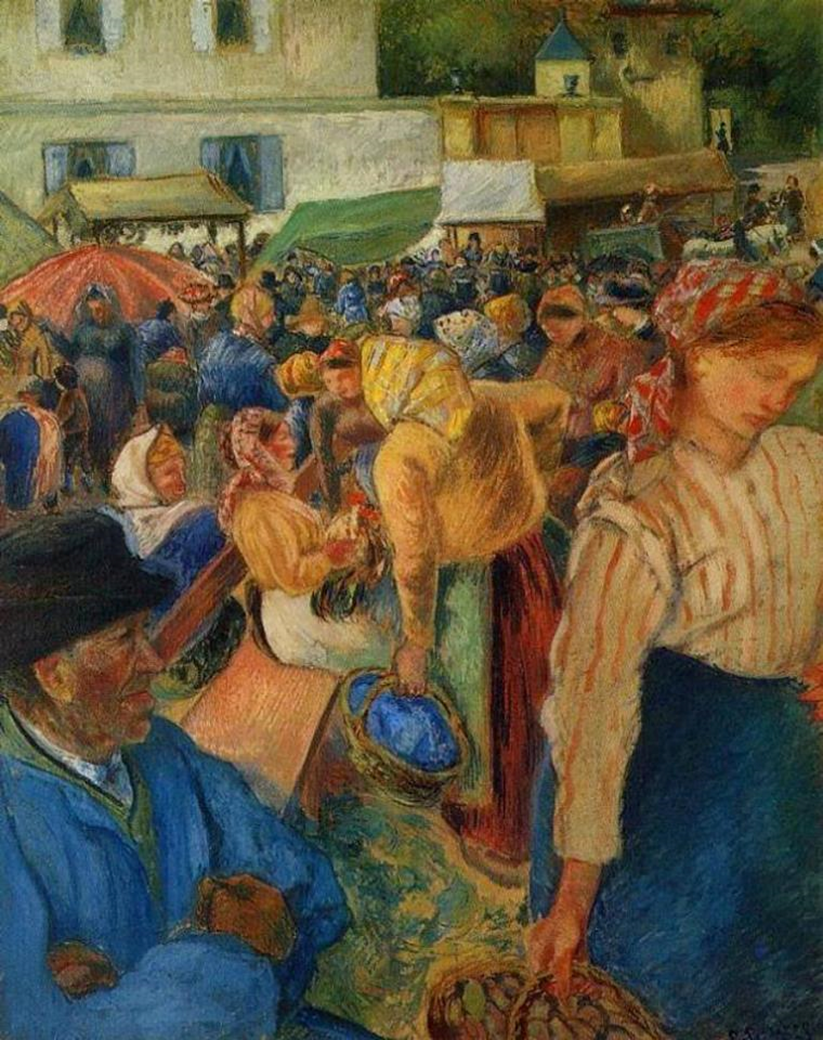Morning at the Window
Morning at the Window by T.
S. Eliot
They are rattling breakfast plates in basement
kitchens,
And along the trampled edges of the street
I am aware of the damp souls of housemaids
Sprouting despondently at area gates.
The brown waves of fog toss up to me
Twisted faces from the bottom of the street,
And tear from a passer-by with muddy skirts
An aimless smile that hovers in the air
And vanishes along the level of the roofs.
T.S.ELIOT
His “the love Song of Alfred Prufrock” in 1915
considered far out. Then it was followed
by “The Waste Land” 1922 “Ash Wednesday” 1930.
His well-known plays were Murder in the Cathedral”, “The Cocktail
Party. He was a Nobel Prize winner for
literature in 1948 for his contribution to the literature world. Eliot died of Emphysema in London on 4th
1965. His ashes were taken to St. Michael and All Angles’ Church, East Coker.
The Quotation from his poem East Coker “In my beginning is my end. In my end is
my beginning.
Summary of the poem
The
poem is about the miserable life of slum people. The speaker from his window
could imagine emotionally the poverty of the people who lead a depressing lives
in slum and their feelings. The poor people make sound with their plates early
in the morning. They have to go to work
earlyand work till late so as to earn to feed the family. Sun or rain frost or fog they have to go early to work. He brings out the plight of the house maids who come at the city with no identity and life. They are very sad. No smile on their faces. They smile vanishes over their roofs.
Detail Analysis
First stanza
“They are rattling breakfast plates in
basement kitchens,
And along the trampled edges of the street
I am aware of the damp souls of housemaids
Sprouting despondently at area gates.”
The agony of the housemaids
walking slowly down the edges of the street reveals their painful life. They with no enthusiasm come of the
gates.
Second stanza
“The brown waves of fog toss up to me
Twisted faces from the bottom of the street,
And tear from a passer-by with muddy skirts
An aimless smile that hovers in the air
And vanishes along the level of the roofs.”
taken from everyone who struggle hard daily. The smile has been ripped off even from their roofs.
Literary Devices
In
the first stanza the poet starts with the sound effect, onomatopoeia for example the sounds of the plates in the kitchen
located in the basement. “Rattling breakfast plates” the poet brings visual imagery of their
rush of their work so the readers could realise the hard struggle of their
life. The first letter in the breakfast,
basement is the use of alliteration which
gives an effect to feel. “And tear from a passer-by with muddy skirts” readers
could visualizes the state of the poor people.
“The brown waves of fog toss up to me” the
fog denotes the pollution of industrialization and working on the dusty road.
Personification is to describe the
state of ill mind. The struggle life of the people. For example “fog toss up to me”
The title gives a paradoxical meaning. The term “Morning” describes the positive
feelings but the whole poem does not give any pleasant things to feel. It paint the suffering of the poor people.
The
form is nine lines with urban back
ground with no rhyming pattern. The tone
of the poem is feeling for the poor and expresses the feeling of the poor. Very simple and sympathetic.
Thus
the poem is full indirect images to bring out the poverty and the ill effects
of the industrialization. The poem
focuses is on the poor people who struggle hard to face their day today life. The poem evokes our sympathy by his feelings
for the people whose life is a challenge.
thank you








Comments
Post a Comment